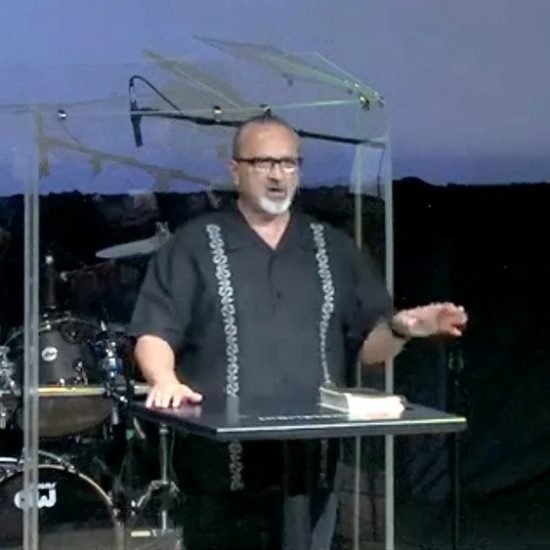How should a church behave when it's seeking a pastor? That's a more complicated question than you might think. Unfortunately, many congregations bungle the process.
Too be fair, few laypeople ever seek enough pastors to become professionals at the task. Most search committee members are complete novices. No wonder they make mistakes. Just think how well you perform when you try a job for the first time without clear instructions or a mentor.
So, the latest focus package of articles produced by the Baptist Standard and our New Voice Media partners provides help for search committees and the pastors they seek. Also, here are a few direct tips for search committees, based on hundreds of conversations with pastors and personal experience as a search committee member. (By the way, pastors, keep this package and get "a friend" to send it to search committees the next time you're talking to them.)
OK, search committees, here you go:
• Communicate early and often. Many search committees fail to acknowledge receipt of resumes and recommendations, fail to follow up once they have spoken with or written to candidates, and never tell prospective pastors they no longer are being considered.
This is bad manners. Whether you receive two resumes or 200, you're dealing with people's lives. Once they know they are on your "list," they invest time, emotion and prayer in you and in the possibility of serving as your pastor. They have families whose uncertain futures hang on your deliberations.
So, when you receive resumes or recommendations, let the candidates know whether they are under consideration. Then, keep them up to date. Even when the process is slow, a call or email with a brief progress report helps. And finally, when you remove candidates from consideration, let them know right away. They realize you're only going to call one pastor, and even bad news is better than no news.
• Don't ask more than you give. Increasingly, pastors are telling me they receive long questionnaires and surveys from search committees. This is a good start, because the more you know, the stronger your decisions.
But remember, communication is a two-way street. When you send a questionnaire, include a packet of materials for the candidate. Send information about your church, its ministries, budget, financial reports for several years, history and challenges. Send material about your community, including housing, schools, industry and significant events.
• Describe your church as it is. Many pastors think search committees lie. I disagree, but not because committees always tell the truth. A search process is potent, passionate and personal. A committee can get so caught up in thinking about the potential of its church that it presents its ideal future, not the present reality. So, it should …
• Provide references. You expect references from pastoral candidates; reciprocate. Give them contact information for community leaders who don't attend your church; church members of all backgrounds who aren't on your committee; other pastors in the area, including non-Baptists; your director of missions; and your previous pastors.
• Consider candidates' families. Offer information and contacts to help the spouse and children envision God's leadership for them in your church and community.
• Deal with compensation up front. Sure, pastoral selection is a divine process. But pastors experience the same physical needs as every family in your church. Don't pull them through a long process, only to learn you won't pay enough to educate their kids, or prepare for retirement, or simply maintain a decent standard of living. Pastors don't go into ministry for the money, but they can't stay in ministry without a fair salary and benefits.
• "Sell" your church. Just because you receive scores of resumes to choose one pastor, don't assume the best pastor for you is going to jump through hoops to join you. Part of the discernment process is helping your next pastor glimpse a vision of what you believe God has in store for your church.
Marv Knox is editor of the Baptist Standard.




